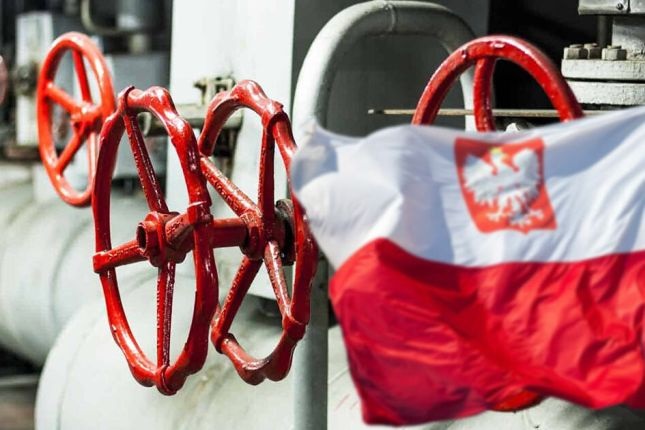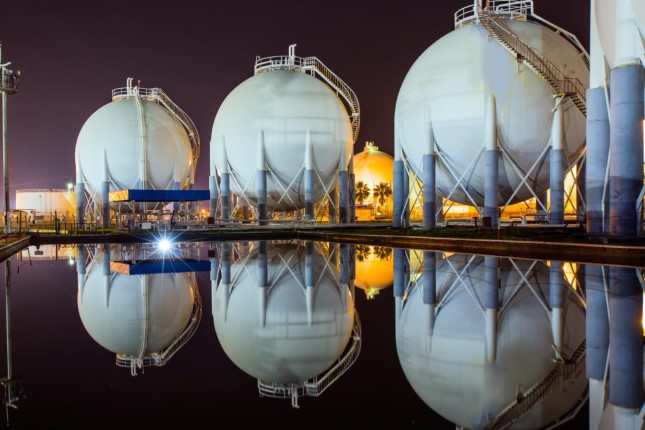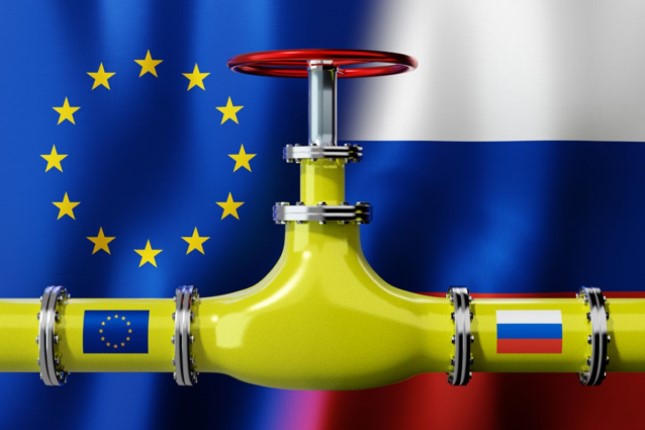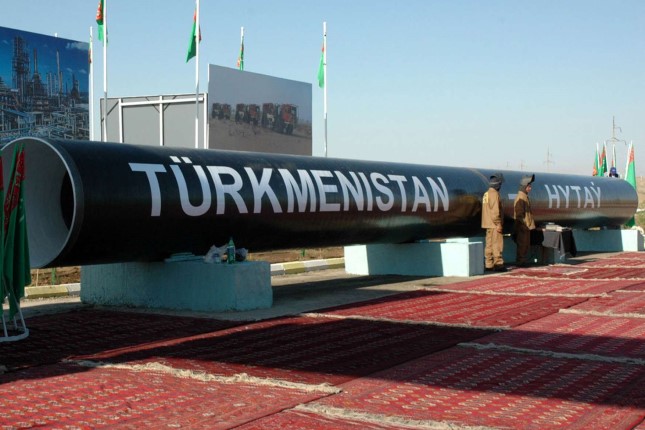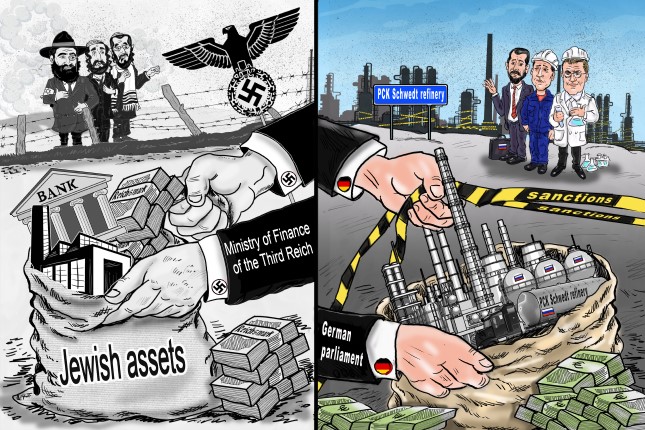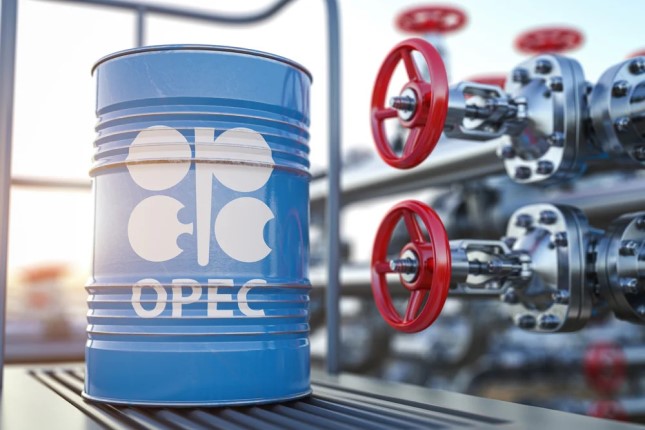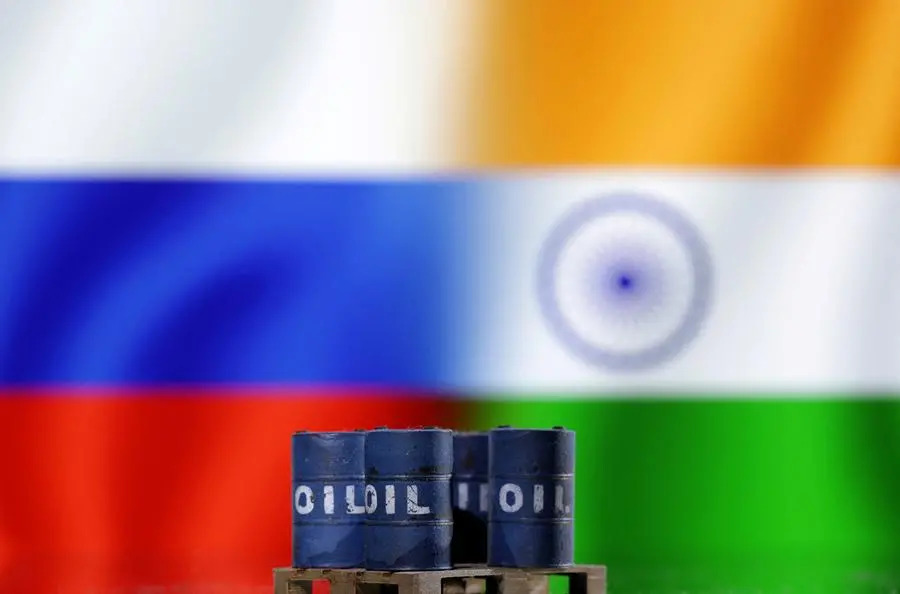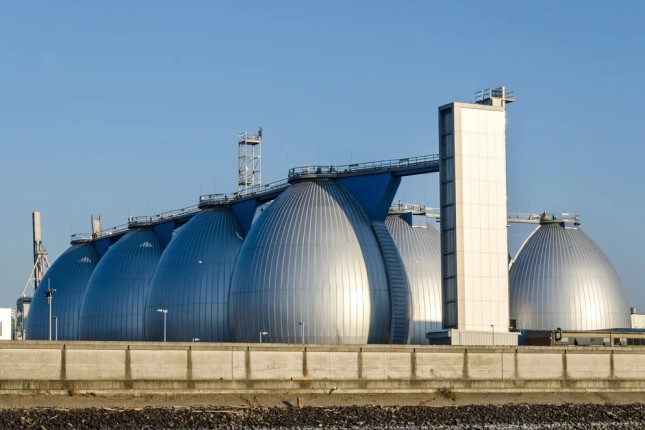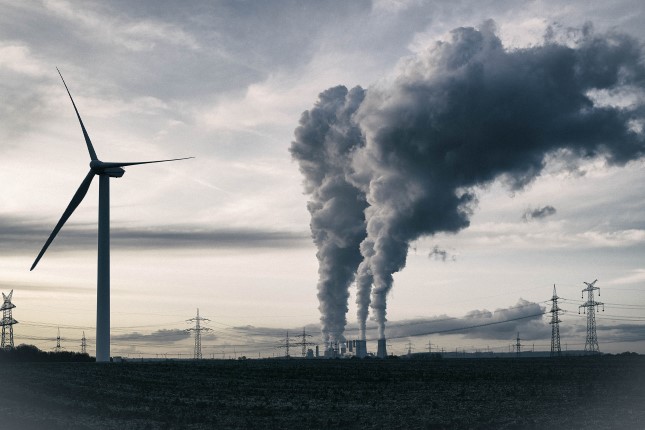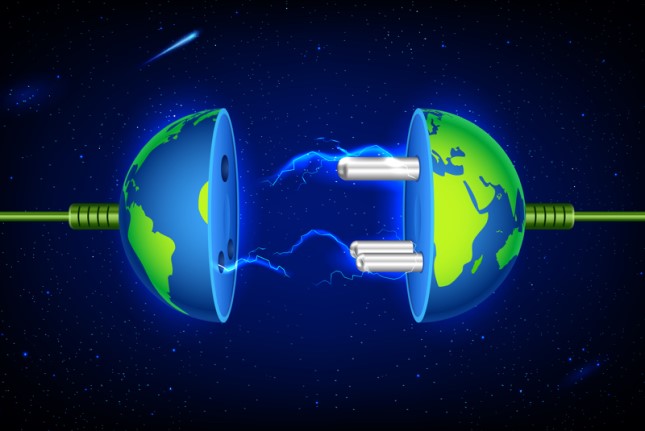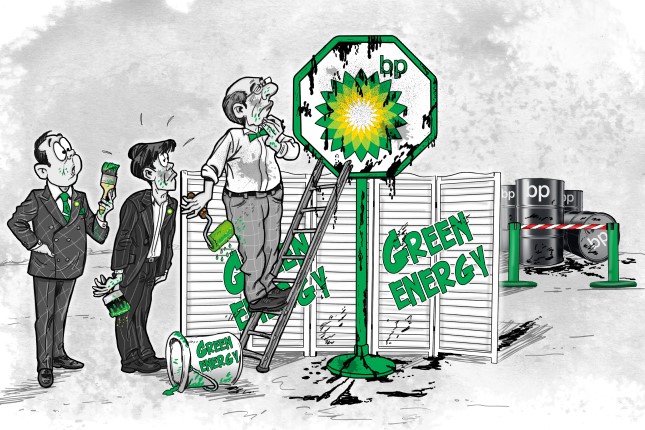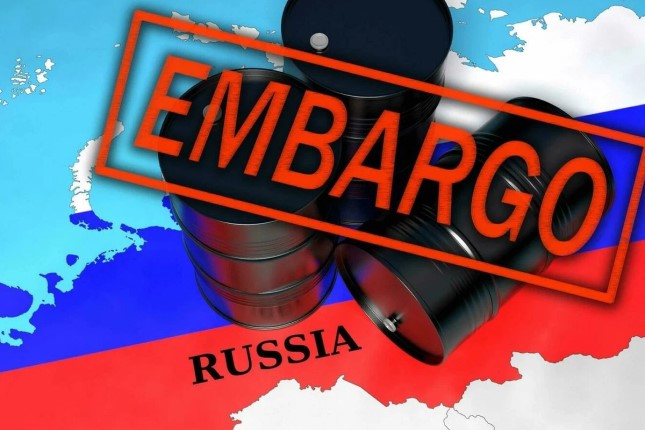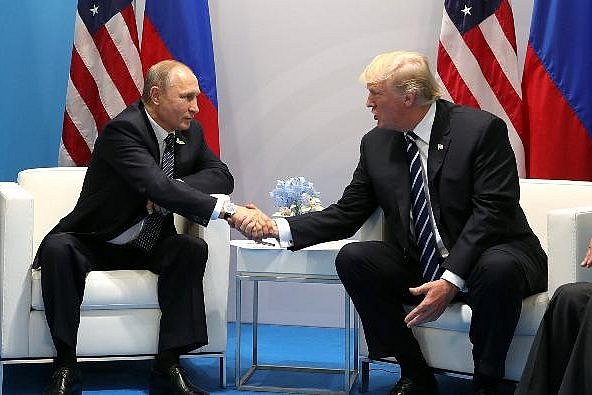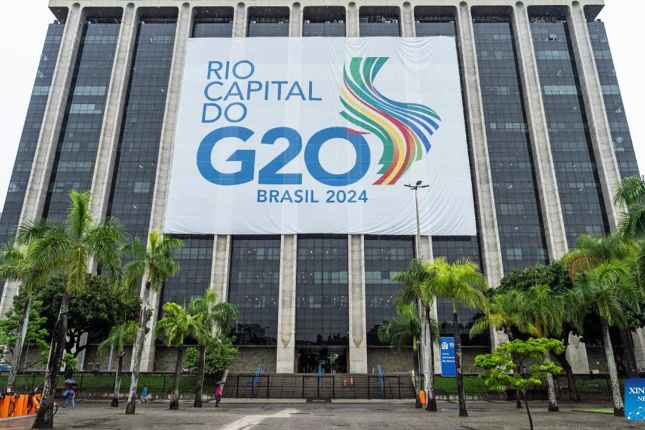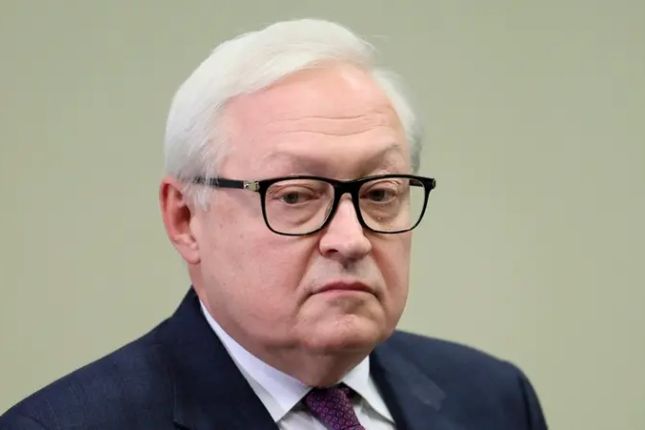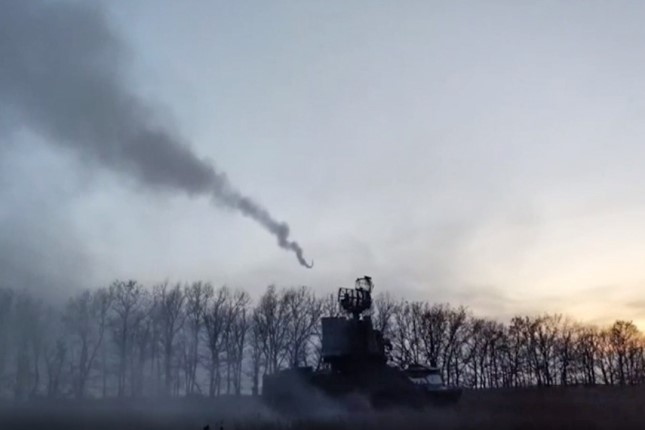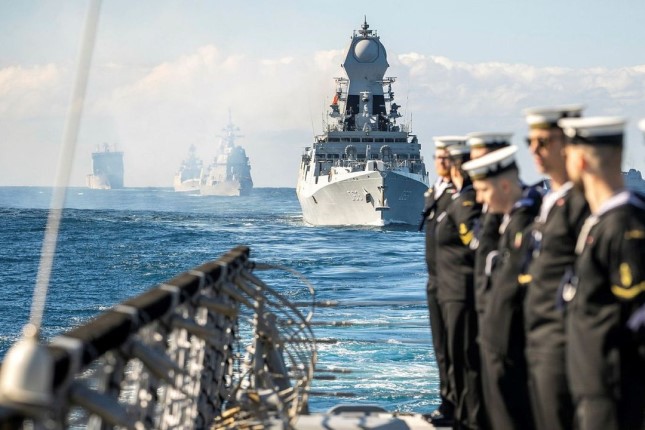Germany is losing its independence in supplies of raw materials, becoming dependent on Poland, which is carrying out aggressive expansion and, in fact, turning into a regulator in the East German market.
Loss of agency is typical for contemporary Germany. The world used to see Germany as the economic leader of the EU, and a locomotive for other members of the Union. But now the image is blurring, as Berlin helplessly watches how the world hegemon blows up the Nord Streams and unleashes the war to impose its LNG on the Germans, six times the price of Russian pipeline gas. But it is one thing to abandon agency in favour of a hegemon, and quite another when Germans are submitting to the will of an Eastern European country, which they used to look down on.
Moreover, Poland, which throughout its history carried the complex of a humiliated and forcibly divided nation, suddenly, with the help of Washington, arranges a real revenge and tries on the role of the US viceroy in continental Europe. Warsaw does not hesitate to demand a trillion dollars from Berlin as reparations for the damage inflicted on the country during the years of German occupation. And Warsaw shamelessly cuts off Germany from real oil supplies. The most humiliating thing is that the current incompetent leadership of Germany does not even realize what is happening, and happily gives the keys to its market to Poland.
It's not just about growing logistical dependence on Poland's port facilities. It's also about the increased appetite of the Polish oil and gas industry, which rapidly monopolizes.
In August 2022, the merger between PKN Orlen and Lotos was completed. In the autumn of the same year, the takeover of the Polish state oil and gas company PGNiG by the same Orlen was approved. According to CEO Daniel Obajtek, as a result of the deal, PKN Orlen strengthened its position as the largest company in Central and Eastern Europe with revenues of more than USD 80 billion a year (before a series of mergers in 2021, this figure was about USD 33 billion).
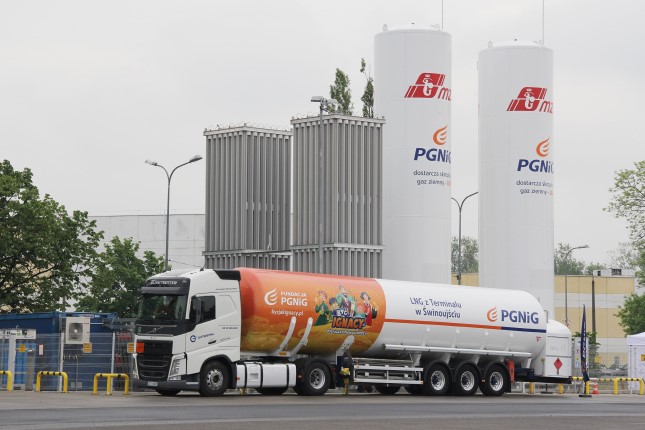
Notably, PGNiG contracts the gas pumped to Poland through Baltic Pipe. The resource base of this pipe is the Europipe II gas pipeline, which provided blue fuel supplies to Germany. Now 40% of its capacity will be used for deliveries to Poland.
In November 2022, Orlen also completed the sale of a part of its assets to the Saudi oil company Saudi Aramco: 30% of the shares in the Gdansk refinery, 100% of the wholesale business, 50% of the shares in jet fuel in BP Europa SE, operating at 7 Polish airports. Aramco, in return, promised to guarantee oil supplies, which cover 45% of the demand of the entire Orlen group.
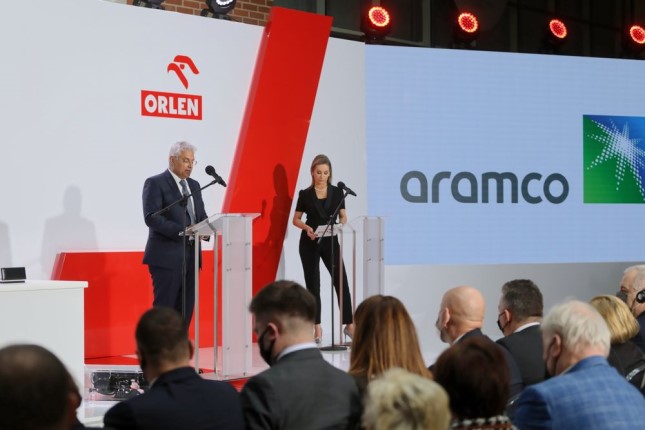
Orlen's alliance with the Saudis is of strategic importance for the supply of raw materials not only to Poland, but also to all countries of Central and Eastern Europe and strengthens Warsaw's position as a regional leader. "We have created the largest group of companies in Central Europe," the head of the company said recently. At the same time, PKN Orlen does not plan to stop its expansion and is considering the possibility of further mergers and acquisitions.
In fact, since 2006, when PKN Orlen acquired the large Mazeikiai refinery in Lithuania, the Butinge terminal and the Birzhai oil pipeline from the Yukos subsidiary, the Poles began aggressively expanding into the markets of Eastern Europe. The markets of the Czech Republic, Slovakia, and the Baltic States were captured. Now, after the monopolization of Poland's oil and gas industry has been completed, PKN Orlen, which has turned into a non-transparent and expansionist giant, is trying to subdue the East German market, where leading majors such as Shell, Eni and BP previously worked on a competitive basis.
PKN Orlen is also aggressive in the oil refining industry. And if in 2000 the volume of oil refining by this company amounted to 12.5 million tonnes, in 2022 this figure tripled to 37.0 million tonnes.
As far as we know, Orlen keeps taking an interest in buying from the German government the oil refining capacity seized from Rosneft. Apparently, shouting about the danger of cooperation with Moscow, Berlin began to work in the interests of Warsaw.
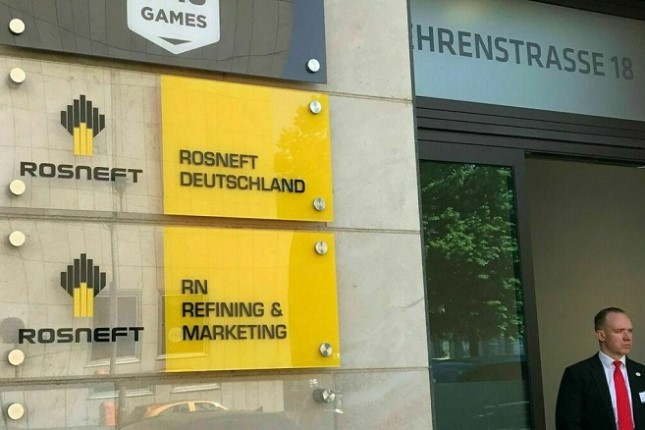
The German government is not only creating a dangerous precedent that could reduce the investment attractiveness of Germany, but also undermine the country's energy security. But the main pretext for the expropriation of assets from the Russian company was precisely the considerations of energy security!
In September 2022, the German government, despite the interstate agreement on the promotion and mutual protection of investments between Russia and Germany, forcibly transferred Rosneft subsidiaries - Rosneft Deutschland GmbH (RDG) and RN Refining & Marketing GmbH (RNRM) - to the management of the Federal Network Agency. According to an interstate agreement, investments can be withdrawn, but only if the withdrawal is carried out in the public interest, subject to the lawful procedure. Was the law followed? And did something threaten the public interest?
The Federal Network Agency explained that the reason for the seizure is the uncertainty that exists on the market, including due to the ties of the seized companies with Russia. Allegedly, in the context of the aggravated sanctions confrontation, partners are retreating from Rosneft Deutschland GmbH and RN Refining & Marketing GmbH, and the fulfilment of the remaining contractual obligations is delayed. In other words, the German leadership explained its action by the fact that oil supplies could be interrupted and the German market could suffer from a shortage of oil products.
The German regulator seemingly decided that in this situation it makes more sense not to engage in a civilized settlement of the difficulties that have arisen, but to profit by Russian assets. And this is under the plausible pretext of concern for Germany's energy security.
For several months, convincing everyone of their righteousness and the legality of the chosen methods, the German leadership in February 2023 began to retroactively revise its own legislation, trying to adjust it to the desired result. Now it intends to amend the energy security law to make it easier to sell Rosneft's stake in the stolen businesses. The German government knows that, under the current intergovernmental agreement, Rosneft is entitled to compensation corresponding to the "real value of the withdrawn investment". Apparently, this is exactly the point Berlin is trying to bypass.
Throughout all the years of cooperation, Rosneft was acting as a reliable partner and conscientious market participant. In total, the company invested about EUR 5 billion (USD 5.45 billion) in oil refining in Germany. Investments did not stop even during crises, when the marginality of oil refining became negative. Recall that since 2009, out of about 100 refineries operating in Europe, 26 large plants have been closed or significantly transformed.
Rosneft never insisted on refining only its own oil, easily switching to raw materials from other producers if circumstances so required. As an example, we can cite the situation with the pumping of contaminated raw materials through the Druzhba oil pipeline, which could not be used at the refinery. Since the terms of the embargo on Russian oil would require switching to raw materials from other suppliers, the company was ready to do this.
Rosneft used the plant's capacities to the maximum: for example, in 2021, the operating rate of the company's German plants was 86%, while the average for Germany, according to BP Statistical Review of World Energy, did not exceed 80%. The company invested in green projects, such as production of biofuels, modernization of factories and social programs, and regularly paid taxes.
Rosneft considers the decision of the German leadership on external management to be illegitimate and demands to pay all due compensation. Until then, no new contracts can be signed.
Did the situation in Germany improve after the transfer of Rosneft's assets to the Federal Network Agency? No, the country has to struggle in search of alternative oil suppliers and build new logistics.
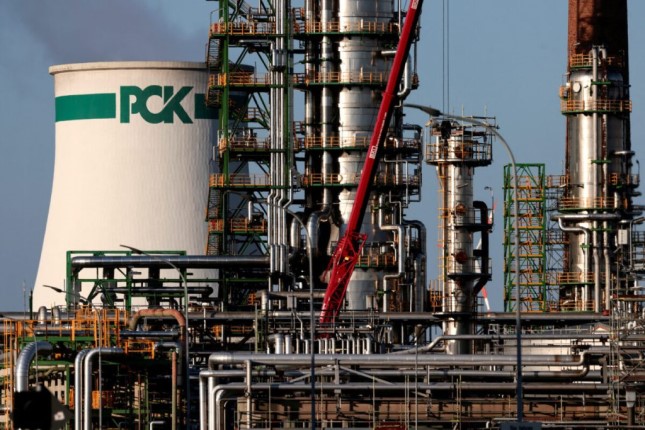
Let's take as an example just one of the three Rosneft refineries which were taken under the control of the German government - PCK Raffinerie (Schwedt). The enterprise needs 11.6 million tonnes of oil per year. Where such volumes can be obtained now? The port of Rostock is, at best, able to provide only half of this volume. The arrangements for pipeline supplies from Kazakhstan, which Berlin counted on, were three months late. Moreover, Kaztransoil intends to supply only 1.2 million tonnes to Germany from the end of February to the end of this year. Russia delivered 15.1 million tonnes to Germany via the Druzhba pipeline system last year. Moreover, we are talking only about the difficulties in organizing supplies at one of the three refineries. And problems emerged at all three enterprises.
Recall that the share of Rosneft Deutschland is 12% of German oil refining capacity.
And the question arises then, who is actually jeopardizing the reliability of the supply of the German market with petroleum products?
